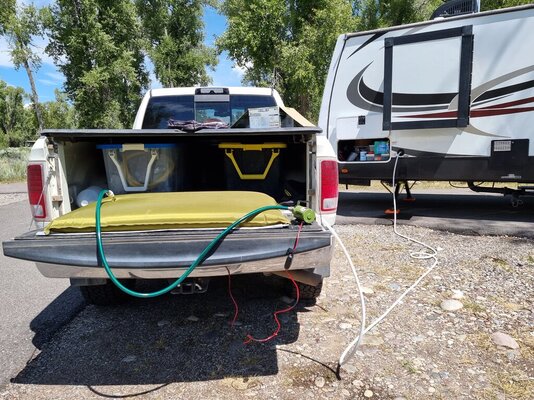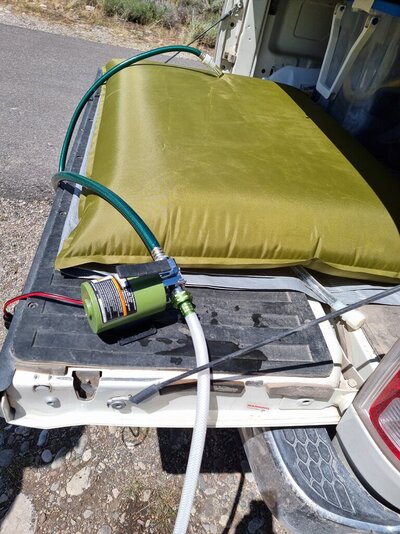dnr733
Well-known member
I see I have options to find dump stations and such as we travel about.
Finding potable water seems to be a bit more of a search.
I don't like traveling with full tanks for weight and gas mileage reasons. I will have some.
So, any tips or tricks on finding potable water locations near your destinations?
Dan
Finding potable water seems to be a bit more of a search.
I don't like traveling with full tanks for weight and gas mileage reasons. I will have some.
So, any tips or tricks on finding potable water locations near your destinations?
Dan


